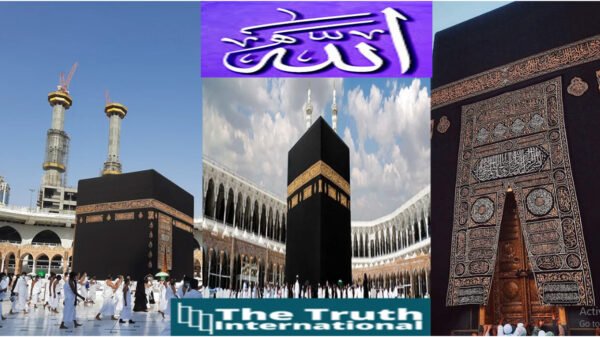Electricity Tariff
ISLAMABAD: Energy Minister Awais Leghari acknowledged on Tuesday that Pakistan currently has the highest electricity tariffs in the region.
Speaking at the National Youth Convention in Islamabad, Leghari highlighted the significant burden this places on consumers but emphasized that the government is providing subsidies to assist the poorer segments of the population.
Leghari addressed the issue by stating, “No doubt, we’re providing the most expensive electricity in the region, but poor consumers are getting it at subsidized rates with others bearing the burden.”
This approach aims to mitigate the financial impact on low-income households while addressing the broader challenges faced by the energy sector.
The high cost of electricity has had a detrimental effect on various sectors, particularly industries, which are struggling with the steep tariffs.
In response, the government is now offering electricity to industrial consumers at reduced rates, absorbing the additional financial costs to support economic activity.
Leghari also called on the public to endure a “two-hour load shedding” as a temporary measure, suggesting that it could result in substantial savings of up to Rs50 billion.
He recommended switching to energy-efficient fans as another step towards reducing electricity consumption.
Additionally, the minister mentioned that the government is working on a new power plan designed to eliminate load shedding and improve the overall stability of the electricity supply.
The minister explained that the increase in electricity costs was partly due to the depreciation of the local currency against the US dollar.
Previously, the cost was Rs10 per unit, but it has now risen to an average of Rs44 per unit. This dramatic rise reflects broader economic challenges and has placed additional strain on consumers.
Leghari also hinted at upcoming positive developments regarding independent power producers (IPPs), indicating that there will be good news soon.
Although some details of the IPP plans were leaked, the government is continuing its efforts to address the electricity crisis.
In addition to these measures, the government plans to establish new power plants to further tackle load shedding issues.
A task force, including officials from law enforcement agencies, has been set up to oversee these developments and ensure progress.
The context for these measures includes a recent decision by the government, led by Prime Minister Shehbaz Sharif, to raise the base tariff for domestic electricity consumers to as high as Rs48.84 per unit.
This tariff increase, announced on July 15, also affects consumers in Karachi, though those using up to 200 units per month are exempt from the increase for a three-month period.
The government’s actions reflect an ongoing effort to manage the complex challenges facing Pakistan’s energy sector, balancing the need for fiscal sustainability with the goal of supporting vulnerable populations and sustaining industrial activity.










